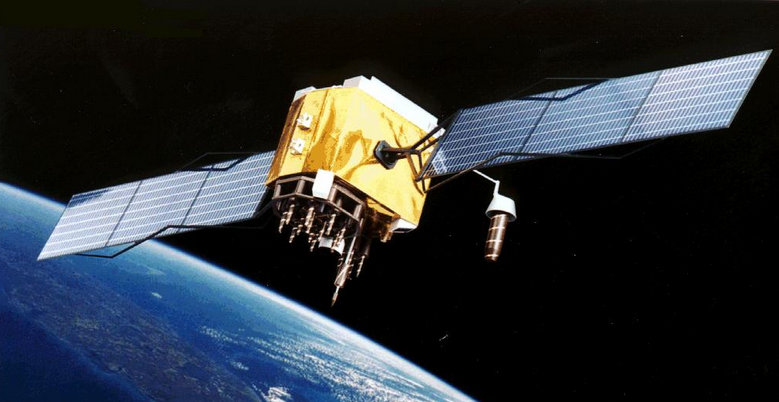Google reportedly plans to launch 180 low-flying satellites, at an estimated cost of up to $3 billion, in order to bring Internet access to all parts of the world.

When asked about the project, a Google representative did not give any specific details but said, “Internet connectivity significantly improves people's lives. Yet two thirds of the world have no access at all.”
Undoubtedly, this project’s success would help Google both financially, as they will possibly be able to double their traffic with the success of this project, and with their public image, as they would be the company providing Internet connectivity to previously unconnected places. There is no guarantee, however, that this project will be as successful as Google hopes, or that it will succeed at all.
Roger Rusch, from TelAstra, Inc., a satellite-industry consulting firm, believes that Google’s project will cost them far more than their current estimate of $1 to $3 billion. After all, ideas like this one have failed in the past. For example, Teledesic LLC attempted a very similar satellite project in the 1990s. It ended up costing more than $9 billion, and the company eventually stopped assembly in 2002.
Despite these caveats, Google does have reason to be confident in its project. They are currently in the midst of their fairly successful Project Loon, which was started in 2013 and aims to establish a “ring of uninterrupted connectivity around the 40th southern parallel so that pilot testers at this level can receive continuous service via balloon- powered Internet.” Google also recently bought Titan Aerospace, a company that uses drones to provide connectivity, and according to Tim Farrar, the head of satellite-consulting firm TMF Associates, it seems likely that the balloons in the Loon Project will soon be replaced by drones, which would complement the satellites well, as satellites can produce very broad coverage in areas with less traffic, and drones can provide small areas of coverage that could support heavy traffic.
Google has also invested in satellite-communications startup O3b Networks Ltd., and has put Greg Wyler, that company’s founder, in charge of the satellite project. O3b, which stands for the Other 3 Billion people in the world without Internet connectivity, has successfully put four satellites into orbit and plans to launch another four in July. O3b CEO Mark Rigolle said, “Ever since Greg Wyler founded O3b in 2008, the company has enjoyed the support of a growing number of investors, customers and partners.” The main difference between O3b’s satellite project and Google’s is the intended use of the satellites. According to an O3b official, O3b’g purpose is to “provide low-latency broadband trunking to telcos and large mobile platforms through relatively expensive ground stations,” while Google aims to launch a fleet of smaller, less expensive satellites that will provide Internet to individual users across the globe. If Wyler can replicate his O3b success at Google, it will mark a great change in global communications, and make Google a trailblazer in providing Internet connectivity.
By MaryElizabeth Koepele
Story via wsj.com
Advertisement





